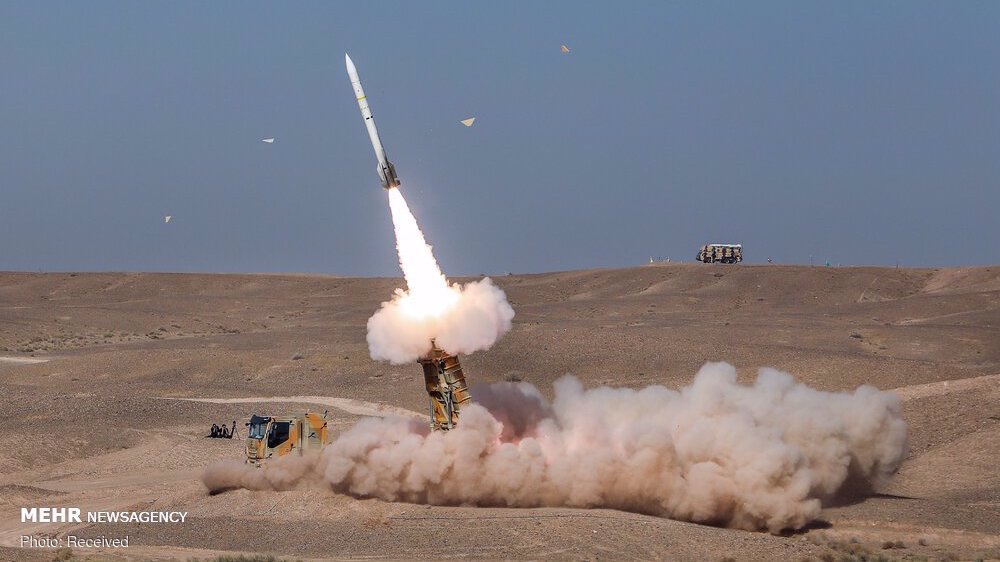Iran Claims Locally-Developed “Bavar-373,” Matches Capabilities of S-400, Patriot and THAAD
Recently, Tehran made a bold claim about the capabilities of its indigenously-developed "Bavar-373" air defense system which not only matches those of Russia's S-400 “Triumf” air defence system, but also the United States' Patriot and Terminal High Altitude Area Defense (THAAD) anti-ballistic missile system.
(DEFENCE SECURITY ASIA) — During a recent parade commemorating its Army Day, Iran showcased its long-range air defense system, the “Bavar-373,” which its claimed to be capable of intercepting aerial targets up to 300-400 kilometers away, comparable to other long-range air defence system in the market.
First introduced to the public in 2019, the “Bavar-373” has since been enhanced to address threats from fifth-generation stealth fighter jets.
According to Iranian sources, the “Bavar-373” is designed to detect and destroy advanced fighter jets, guided missiles, and drones from long distances and high altitudes.
The system comprises components such as radar, optical sensors, and a command and control system to track and intercept targets.
Key elements of the “Bavar-373” system include the Transporter Erector Launcher (TEL) vehicles, the “Meraj-4” vehicle equipped with a high-power Active Electronically Scanned Array (AESA) radar, and various other sensing and sensor systems.

Tehran claims that the capabilities of the “Bavar-373” are comparable to Russia’s S-400 and the American-developed MIM-104 Patriot and the anti-ballistic missile system, Terminal High Altitude Area Defense (THAAD) systems.
The system utilizes the “Sayyad B4” long-range guided missiles, which can target objects within a range of 400 kilometers and an altitude of up to 32 kilometers.
The “Sayyad B4” missile is a two-stage interceptor using solid fuel, featuring an enhanced seeker, upgraded tracking and control systems, and a modernized warhead.
These upgrades are designed to increase the operational range, accuracy, and effectiveness of the interceptor missile against a variety of targets including fighter jets, guided missiles, and drones.
The Iranian military claims that its air defense system can also detect and track the Israeli Air Force’s fifth-generation F-35I “Adir” stealth fighters.

Furthermore, Tehran alleges that the radar of the “Bavar-373” system has successfully detected stealth aircraft such as the Israeli F-35 and the American F-22 operating beyond Iran’s borders.
In addition to fighter jets, the “Bavar-373” is also capable of handling threats from cruise and ballistic missiles, as well as unmanned aerial vehicles.
In November 2022, the Iranian military stated that the “Bavar-373,” equipped with X-Band radar, successfully detected targets from a distance of up to 450 kilometers.
The maximum altitude capability of the system’s guided missiles has also been increased from 27 kilometers to 32 kilometers.

Before these enhancements, the “Bavar-373” could only detect targets up to 350 kilometers away.
It is believed that the design of the “Bavar-373” is based on the Russian S-300 system, which Iran attempted to acquire in 2007 but was blocked from receiving due to United Nations sanctions in 2010.
Iran continued to develop what is now known as the “Bavar-373” system.



Comments are closed.